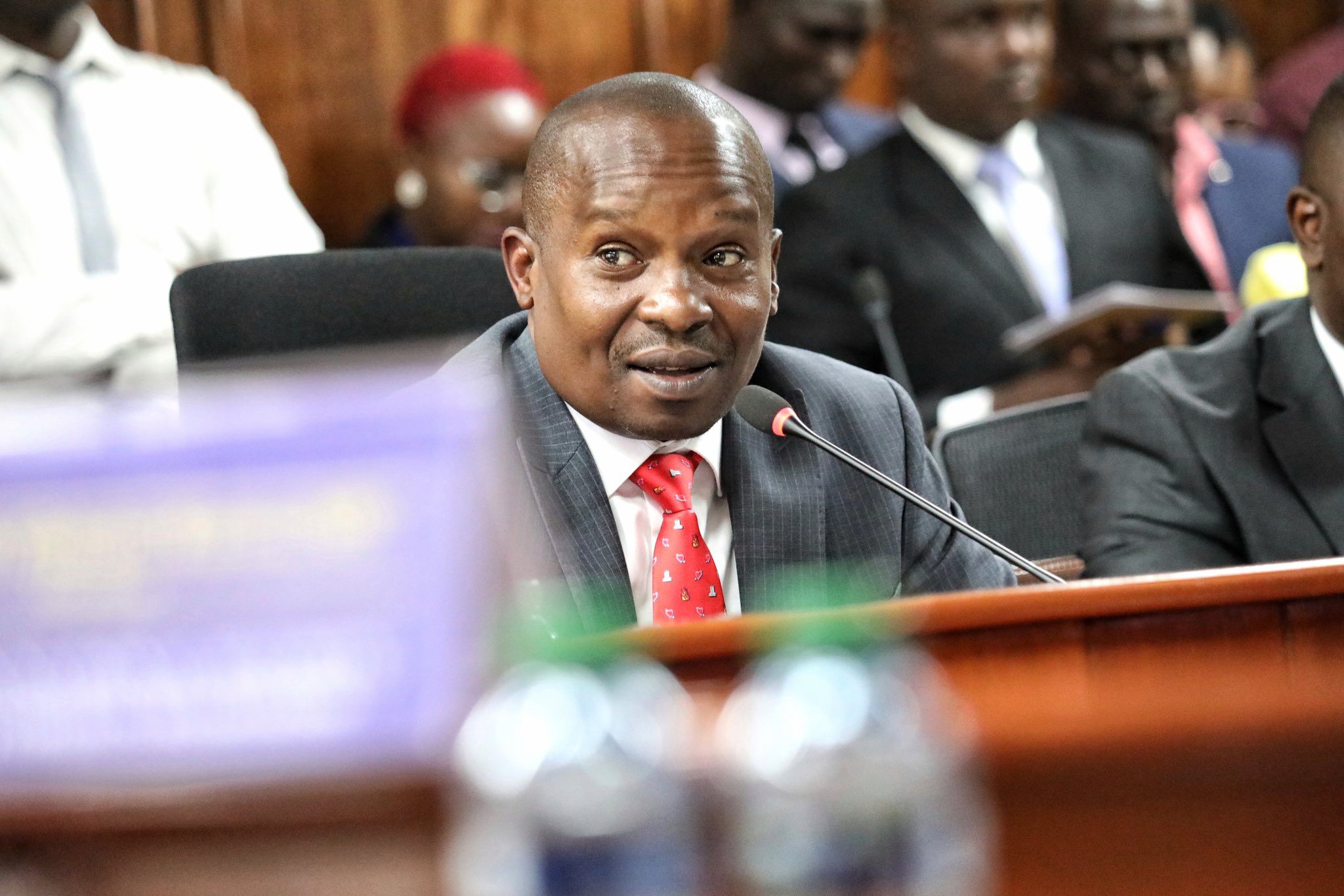A statement by the Cabinet Secretary for Education Magoha that corporates which turn in profits should give back to society has sparked outrage on Twitter.
The statement particularly mentions telco Safaricom, which is Kenya’s biggest carrier by all metrics.
CS Magoha: We will follow companies that make money, we feel they should give back to the society.
For instance, Safaricom should sponsor some of our children. pic.twitter.com/roI52eCreq
— NTV Kenya (@ntvkenya) February 17, 2020
The state’s biggest tax payer has been making profits quarter to quarter since it started operation two decades ago. The last financial announcement by the operator revealed a 14.4% jump in net profit for the first half of 2019. The profits peaked at KES 35.7 billion, making it one of the most profitable carrier and company in the Eastern Africa region.
Magoha’s spat can be assumed as misinformation because Safaricom has gone to great lengths to make sure that its profits go to good use. The carrier’s programs and corporate social responsibilities are known by many, and a simple Google search details what the corporation has been up to.
It is no news that modern business organizations are tasked to exhibit ethical behaviour and moral management. However, over the past couple of years, the bar has been steadily raised, and this can be attested thanks to what the CS wants Safaricom to do while ignoring its other programs.
Companies are not only required to be virtuous; they are also being summoned to practice social responsibility or what other call corporate citizenship that accepts some form of accountability for the welfare of the Kenya society.
Those tasked with these duties are mainly based on marketing departments, and their primary goal is to define and implement a company’s social responsibility effort. However, while the CS is wrong for calling out Safaricom, we have seen cases where marketers focus mainly on products while neglecting the social impact of their activities.
Several questions can be developed from what we expect profit-making corporations, and whether they should actually do anything in a challenging marketplace where taxes are blatantly misused. For instance, should Safaricom be concerned with its social performance and economic results? If so, what does it mean to be socially responsible?
Does the CS want Safaricom to sacrifice its financial performance for social performance? And to whom does Safaricom owe ‘responsibilities’ or ‘duties’ or ‘obligations’? What kind of activities does the CS want Safaricom to take part in besides what is already doing?
Speaking of Safaricom’s input in CSR, the corporation has been running the M-PESA Academy for a while now. The school hosts students from challenged backgrounds and imparts key skills in them based on their interests that are not limited to academics. There are other campaigns such as Ndoto Zetu that have been detailed in the linked thread below.
Safaricom foundation already has M-PESA Foundation Academy for talented but economically disadvantaged students https://t.co/Sdds5FlpwS https://t.co/GmbK22EwSY
— Droid (@droid254) February 17, 2020
https://twitter.com/MarigaThoithi/status/1229343732618735616
😆😆😆😆! Dear good old Prof Magoha, you don't force corporate social responsibility. Didn't you learn this? Oh, it is not a section in medicine. Anyway, @SafaricomPLC is already doing a lot through their Ndoto Zetu, and their MPESA Foundation Academy. Sawasawa? https://t.co/h7FJiqqMY8
— Business Watch (@Business254_) February 17, 2020
We are the jury in CSR matters, and we can argue that CSR is increasingly expected and can be rewarding for companies and stakeholders. CSR is mandatory minimal level of corporate citizenship that an enterprise owes its people, but asking for additional benefits than those offered is self-serving.




















